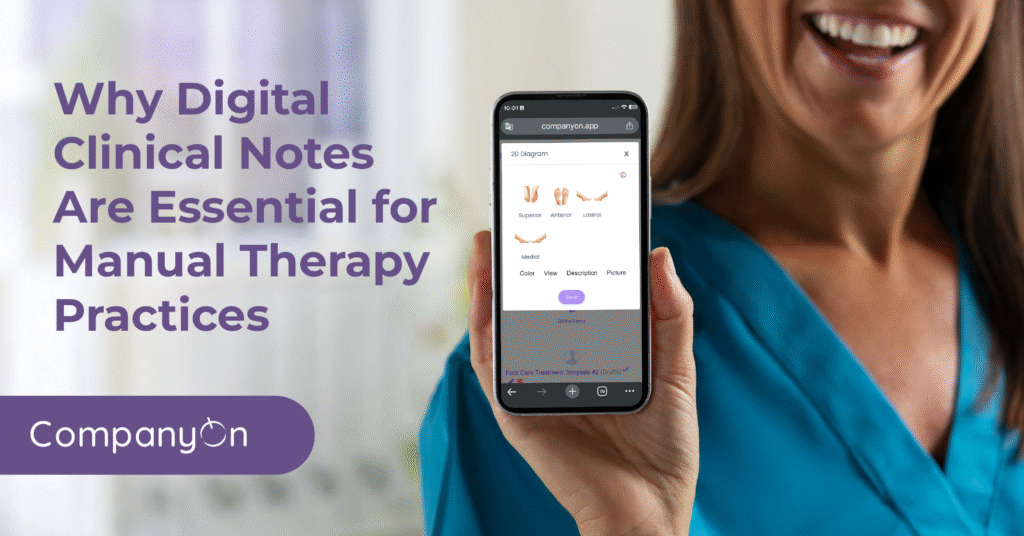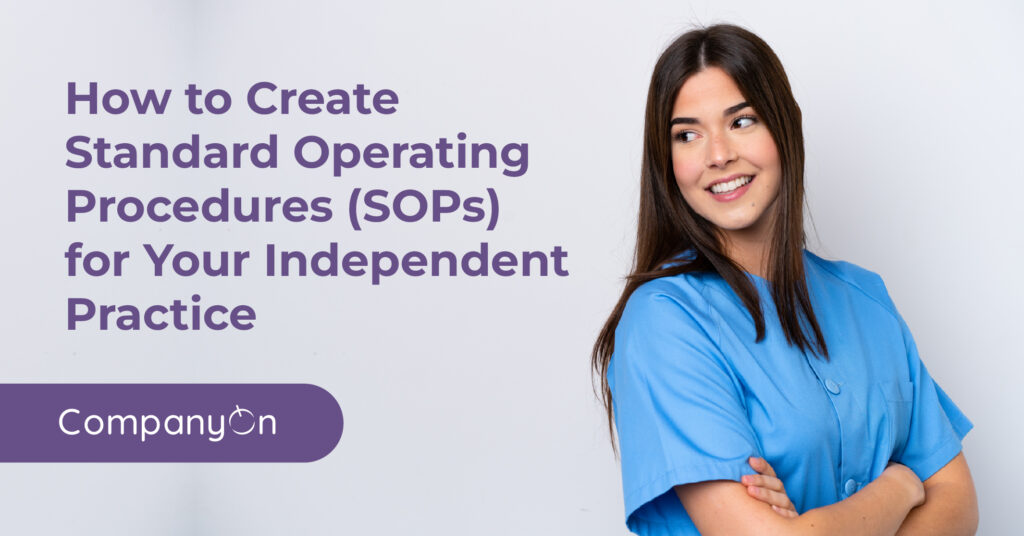Running an independent healthcare practice comes with a unique set of challenges, especially when it comes to maintaining high-quality standards consistently. As a solo practitioner or small clinic owner, ensuring that your services are safe, efficient, and compliant with regulatory standards is crucial to long-term success. This article will explore key strategies to implement effective quality control measures in your independent healthcare practice.

1. Implement Regular Feedback Mechanisms
One of the most effective ways to maintain high standards is by collecting regular feedback from your patients. By understanding their experience, you can identify areas for improvement and ensure continuous quality care. A simple way to gather feedback is by using online forms that allow patients to provide insights into their visit.
Automating this process using a platform like CompanyOn can help you track feedback regularly and make data-driven decisions that improve patient satisfaction. Learn more about how to better engage your clients with technology in this article.
2. Establish Clear Documentation and Measurement Standards
Maintaining accurate patient records is essential for both compliance and quality control. Independent healthcare practices must have a system to document patient progress and measure outcomes consistently. This ensures that your treatments are effective and aligned with best practices.
With CompanyOn’s patient charting tools, you can chronologically document care provided and update treatment plans as needed. This not only improves patient outcomes but also helps you avoid professional negligence, as discussed in this guide.
3. Stay Updated on Regulatory Compliance
Quality control in healthcare involves keeping up-to-date with the latest regulations and public health standards. Regularly reviewing and updating your practice’s policies to align with regulatory compliance standards is vital to avoid legal issues and ensure patient safety.
CompanyOn can assist in this by offering tools to streamline compliance-related documentation, reducing administrative burdens, and helping you meet your professional obligations regarding patient care.
4. Develop and Regularly Review Policies and Procedures
Independent healthcare practices need robust policies and procedures that outline how to handle patient care, risk management, and daily operations. Regularly reviewing these policies ensures they are up-to-date and based on best practices.
According to 6 Best Practices for Risk Management, updating policies should be part of a routine that includes input from industry peers and incorporates new healthcare standards. This continuous improvement helps mitigate risks and enhances care quality.
5. Invest in Staff Training and Professional Development
While you may operate as a solo practitioner, collaborating with other healthcare professionals or hiring staff requires consistent training to maintain high-quality service. Ongoing education helps ensure everyone in your practice is aware of the latest healthcare standards and best practices for patient care.
Participating in professional development opportunities, such as workshops and conferences, is a good way to keep your knowledge up to date. Additionally, partnering with other healthcare providers for peer support can provide valuable insights that enhance your practice.
6. Monitor and Measure Key Performance Indicators (KPIs)
Regularly measuring the performance of your practice through KPIs is essential for quality control. These metrics can include patient satisfaction scores, treatment success rates, and financial performance. Keeping track of these indicators helps you understand where your practice excels and where improvements are needed.
For more insights on how to streamline your practice and optimize performance, check out this article.
7. Leverage Technology for Better Patient Management
Technology plays a crucial role in maintaining quality control in modern healthcare practices. By integrating Electronic Health Records (EHR) systems and patient management software, you can improve both patient outcomes and operational efficiency.
Tools like CompanyOn provide solutions that simplify scheduling, invoicing, and documentation, ensuring that your practice meets the highest standards of care without overwhelming administrative work.
Conclusion: Quality Control as the Foundation of Success
Maintaining high standards in your independent healthcare practice is a continuous effort that requires attention to detail, regular feedback, and the right tools. By implementing these best practices, you can ensure that your services are both effective and compliant, providing the best care to your patients.
For more information on how to enhance your practice management with innovative solutions, visit our guide on tech solutions for solo practices.
Ready to make the switch?
Try Our Platform Free for 14 days.
See CompanyOn in Action
Schedule A Free 1:1 Personalized Demo





